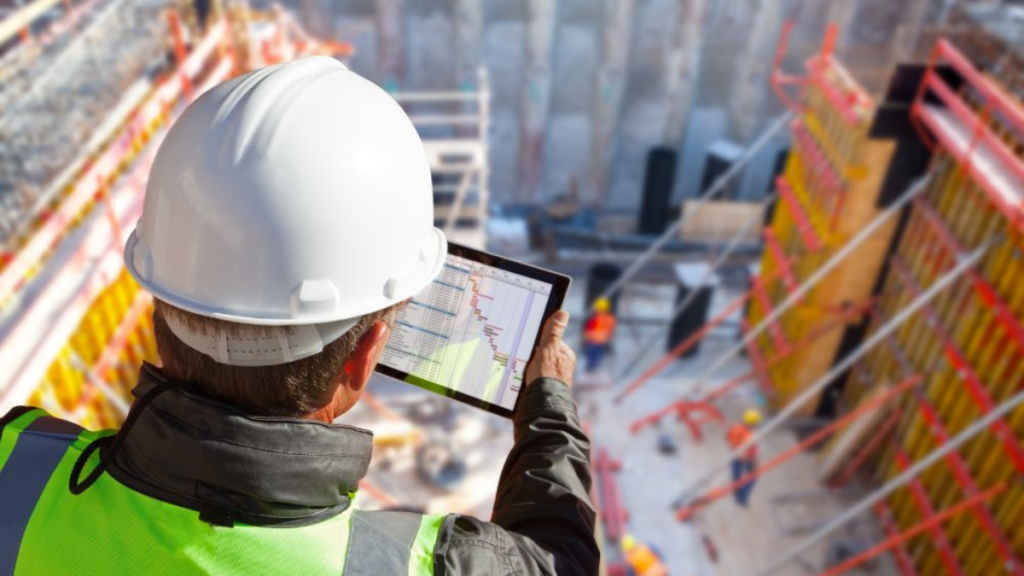The construction industry is booming, but it’s facing a serious challenge. It’s not a lack of projects or funds, it’s a shortage of skilled workers. If you’ve ever driven by a construction site and noticed a “Now Hiring” sign, you know exactly what I mean. The struggle to find qualified tradespeople is real, and it’s affecting timelines, quality, and even safety. But what if there was a way to make hiring easier, faster, and more reliable? Enter skilled labor platforms, game changers that are helping businesses in the construction world connect with the right talent, and doing it in a big way.
The Skilled Labor Shortage in Construction
Let’s face it: there simply aren’t enough skilled workers to go around. With construction projects on the rise, the demand for experienced tradespeople has skyrocketed. This shortage isn’t just a minor inconvenience, it’s causing serious delays and driving up costs. Contractors are scrambling to find qualified electricians, plumbers, carpenters, and other specialists, which means projects can get behind, and budgets can balloon.
But here’s the twist: skilled labor platforms, like SST, are stepping up to the plate, offering businesses a smarter way to find and hire the right people. It’s like finding the perfect fit without the endless searching and paperwork.
How Skilled Labor Platforms Work
So, how do these platforms actually work? Well, think of them as matchmakers for the construction world. Businesses post their job openings, and skilled tradespeople browse the listings to find work that fits their skills and schedule. Some platforms go even further, offering features like skill verification, background checks, and even safety certifications. This means that, instead of spending days sifting through resumes or relying on word-of-mouth, businesses can quickly connect with workers who are ready and qualified to jump in.
It’s a win-win: businesses save time, and workers get access to more opportunities. But how does this affect day-to-day operations?
The Impact on Business Efficiency
Now, imagine how much smoother things would go if construction businesses could tap into a ready pool of pre-vetted workers. No more endless job postings or waiting for a callback. Skilled labor platforms help companies move faster by instantly providing a list of qualified candidates. The speed alone makes a huge difference when you’re working on tight deadlines.
But it’s not just about speed. These platforms can also improve retention by making sure workers are the right fit from the start. Lower turnover means fewer disruptions to projects, and that’s something every business can get behind.
And then there’s the cost factor. Hiring and training new employees can be expensive, but with platforms that connect businesses with skilled, ready-to-go workers, the financial burden of recruitment goes down. It’s an efficient solution to a major problem in the construction world.
Enhancing Quality and Safety Standards
Here’s another crucial benefit: skilled labor platforms help ensure that the workers coming onto your site are actually qualified to be there. No more worrying about whether a contractor has the right certifications or whether they’ve been properly trained in safety procedures. The verification systems in place mean that businesses can trust that the tradespeople they hire are skilled and up to the job.
Think about it: when you hire someone with the right qualifications and training, you’re setting yourself up for better quality work and fewer mistakes. And let’s not forget about safety. Construction sites are dangerous, but a properly trained workforce can help reduce the risk of accidents. With skilled labor platforms, companies get peace of mind knowing that their workers are up to code and ready for the job.
The Role of Technology in Transforming the Industry
It’s 2025, so it shouldn’t come as a surprise that technology is transforming the way we do business, construction included. These platforms aren’t just a simple database; they use cutting-edge tech like artificial intelligence to match workers with jobs based on skills, location, and availability. This takes the guesswork out of hiring, making the process faster, more efficient, and more precise.
And as the industry continues to evolve, we can expect even more advancements. From drones that assess construction site progress to AI that predicts project needs, technology is only going to play a bigger role in how construction businesses operate. Skilled labor platforms are just one part of that equation, but they’re a big one.
Future Trends and Opportunities
So, what’s next? Well, the future of skilled labor platforms looks bright. As the demand for skilled tradespeople continues to grow, more businesses are turning to these platforms for help. The convenience, speed, and accuracy they offer are simply too valuable to ignore. And as the construction industry keeps expanding, there’s likely to be an even greater need for these services.
Looking ahead, businesses that adopt these platforms will be in a better position to thrive. They’ll be able to scale more easily, complete projects faster, and, most importantly, maintain a steady workforce. Skilled labor platforms are changing the game, one job at a time.
Conclusion
The construction industry is no stranger to challenges, but skilled labor platforms are making it easier than ever to tackle the workforce shortage. By connecting businesses with qualified tradespeople, these platforms are streamlining hiring processes, improving quality, and enhancing safety. With technology playing a larger role than ever before, the future of construction looks more efficient and innovative than ever.

